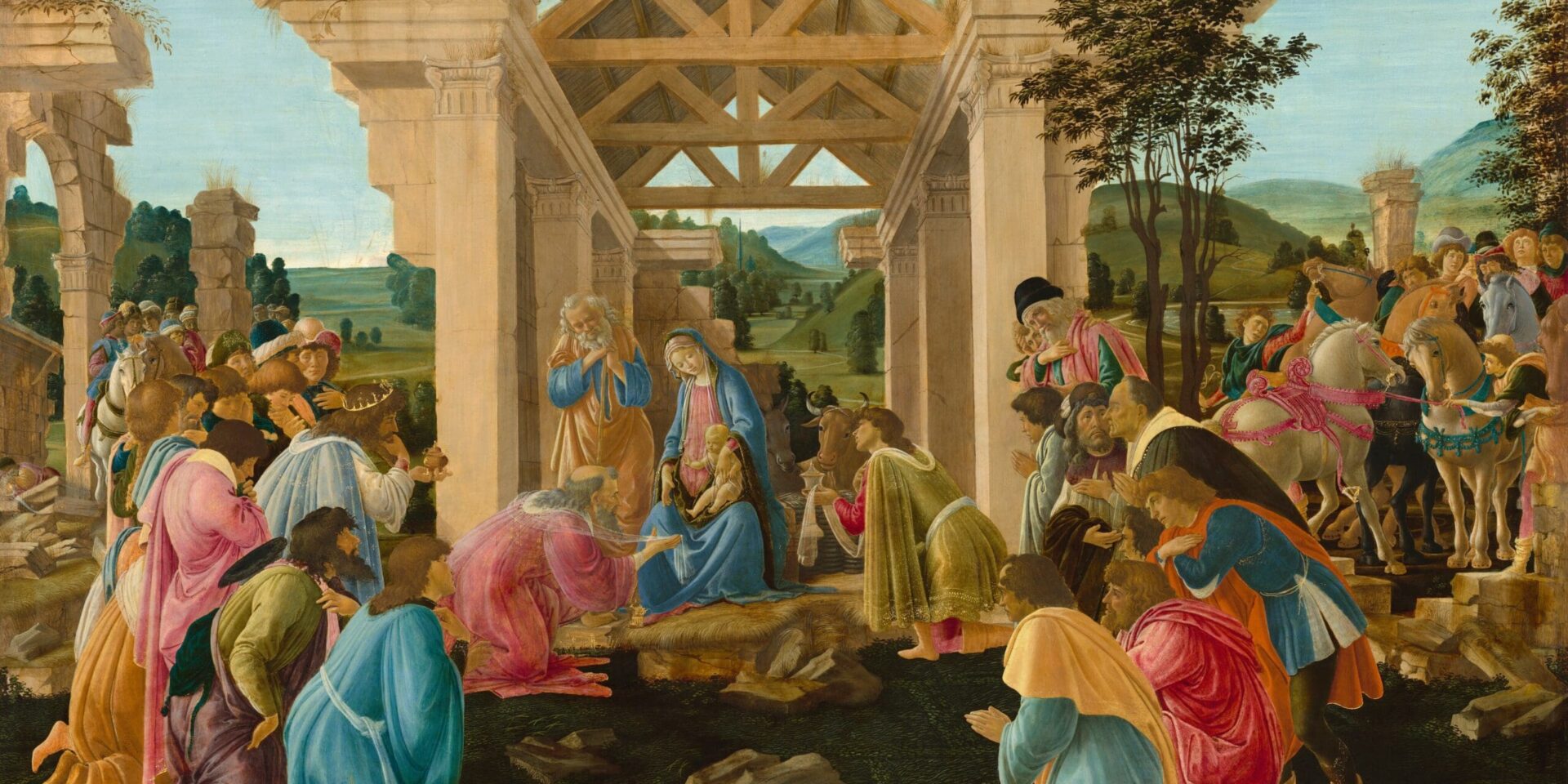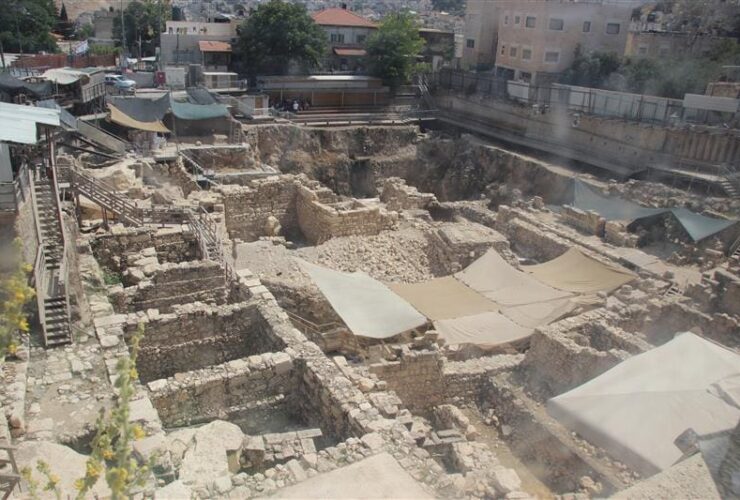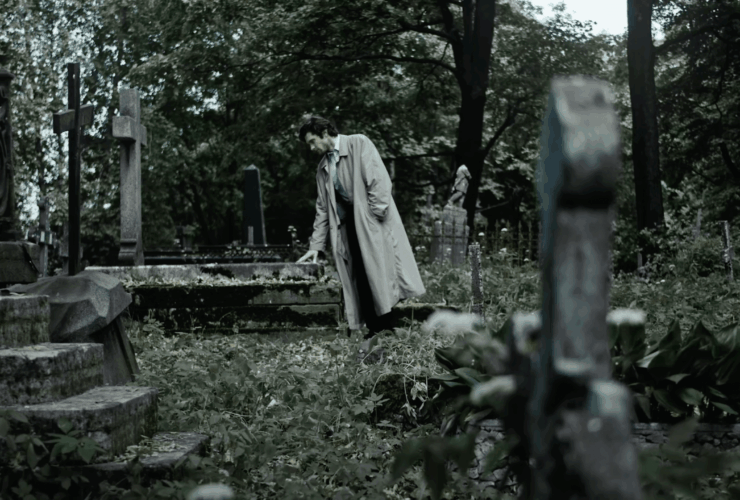Do you like a good mystery? I love a good mystery, a real enigmatic prehistory excavation in which there’s no written record to decipher the physical remains, or a good Biblical mystery, when the Bible gives us a brief description with no further explanation. It’s the possibilities that intrigue. We know there’s an answer, even if the possibility of us uncovering such an answer is slim.
Now, I want to look at the case of the Magi in Matthew’s Gospel. A case that does have a satisfying answer. The Magi are given a relatively large amount of space in Matthew, but they aren’t fully explained: Their history isn’t given, the details of their journey, their country of origin, or even the reason for their choice of gifts. And so, it’s to be expected that all sorts of ideas and stories about the Magi have popped up not just today, but from almost the earliest of Christians. There are two main stories that I’d like to highlight for us today, an ancient one and a modern one.
“After Jesus was born in Bethlehem in Judea, during the time of King Herod, Magi from the east came to Jerusalem…”
Matthew 2:1
The ancient one is called the Revelation of the Magi and it has experienced a resurgence of interest in recent years due to a translation done in 2010. It is known today from one surviving manuscript housed in the Vatican, an eighth century book written in Syriac. Though the only surviving copy is from the eighth century, the story itself is believed to have been written in the early third century, and a Latin summary of it is known from a fifth century Christian commentary on Matthew. Anyway, this Revelation of the Magi is an inventive Christian story that aims to give a theological message through God revealing the Christ to pagans. The details that the early authors invented to fill in the gaps are really interesting and sometimes weird. In this story there are twelve plus magi, which makes a lot of sense, our tradition of three magi comes purely from the number of gifts that they are said to bring in Matthew: gold, frankincense, and myrrh. But the number of magi is not given in the Gospel, and it’s fair to expect that of any group of people travelling far would be a party of more than three. In the Revelation of the Magi, they are said to come from the land of Shir, which based on readings from other ancient documents was basically modern China. Other early and later Christian sources point to Persia, or Babylon for the origin of the Magi. The Magi in this story are descendants of Seth, son of Adam, and have preserved his special prophecies about the Messiah in a mountainous cave for all of those thousands of years, and the star of the Nativity is, for lack of better words, a shapeshifting Christ child that appears only to them in a vision of a star. This version of the story was not adopted by the Church, and it may not have been meant to, it clearly had a theological purpose, much like many books that are written today, but may have been clearly written as pious fiction, also like many books today.
So, now onto a more modern take. When we look at Matthew’s overall themes, I think it is possible to extract a probable reason that Matthew included the account of the Magi. And as fun as it is, I don’t think he included it so that we could speculate on their ancestry, their country, motivations, or divine visions. I think it makes more sense that Matthew included the account of the Magi to further shame his generation. The very people who would see the Christ, experience His miracles and teachings and yet, still choose to reject Him. In Matthew’s nativity, we see a lot of unexpected things, a lot of irony. The magi, who evidently don’t know the Scriptures because they don’t know where the Messiah is supposed to be born, they go to Jerusalem to ask Herod where to go, the chief priests and scribes are taken by surprise. They know the Messiah is to be born in Bethlehem, but God hasn’t given them a sign. The people who should be ready for the Messiah, because not only are they God’s chosen people, they are teachers of the Scriptures, they have all the knowledge necessary, but they aren’t ready for him. The people who have the head knowledge of the Scriptures have wasted it. Instead, God has chosen to reveal Himself to those who are foolish in terms of their understanding of the Scriptures (1 Corinthians 1:27). The Magi, who should be seen as fools, are elevated to wise men because of the calling and the mercy of God.

Corie Bobechko is a daily co-host, speaker, and writer of Bible Discovery. She also hosts a YouTube channel that shows how history and archaeology prove the Bible. Her heart for seekers and skeptics has led her to seek truth and share it with others. Corie also has a Bachelor of Theology from Canada Christian College.






